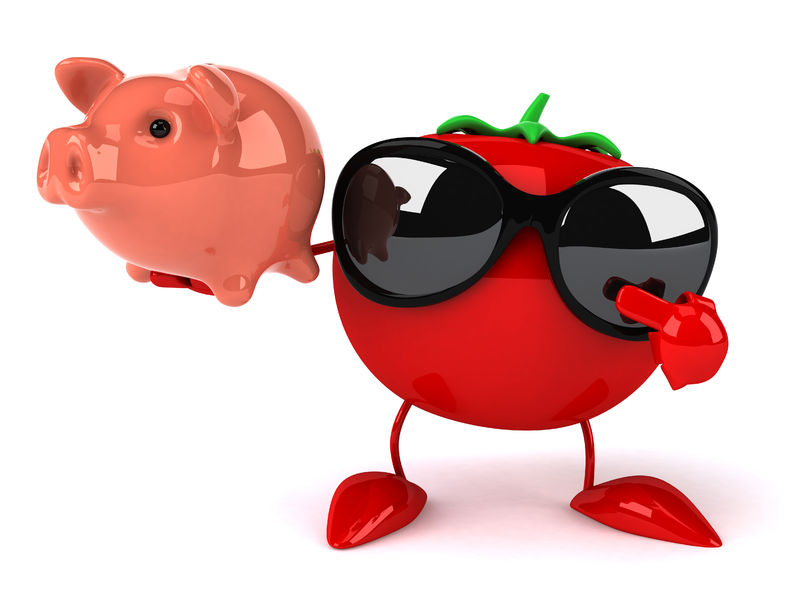The Dieting Bank Account

What on earth am I on about here? Well think about this…
You have a diet plan, it tells you what you can eat, and what you can’t. It may also tell you when you can eat, and when you can’t. It may tell you what foods can be eaten with others and it may tell you to take certain pills, or drinks or shakes.
All this is fine, I am certainly not knocking other diet plans, what I am saying is that all of these have a system that you are trying to follow. All diet plans have rules you need to stick to for it to work.
The problem occurs when you end up having to break one of the rules (social event, celebrations, can’t be arsed to cook, late in from work, sick kid’s kept you up all night), whatever the reason, when you break a rule you feel as though you have blown it and ruined the diet.
This is the main reason why long term dieting fails for over 90% of people (not the ones on my diet plan of course). There simply isn’t enough flexibility in most diet plans for them to fit every eventuality in your life, you are always going to need a ‘day off’ or a ‘night off’.
THE BANK ACCOUNT APPROACH
Instead of thinking of your diet as a ‘I’m either on it and dieting’ or ‘I’m off it so will start again’ kind of process think of it as a bank account instead. Think of calories as your currency instead of pounds and pence.
On a good day (where everything is fine, no events or social occasions) then follow your diet. Don’t cheat, don’t sneak something extra in, don’t be lazy or slack off, BE PERFECT. Good Day’s are where you make deposits to your diet bank account. It puts you in credit.
On a bad day (where you have to socialise, or things go wrong) then just accept that it is what it is and as long as you have had more good days than bad your diet bank account will be in credit so you can make calorie withdrawals to ‘pay for the bad days’.
So long term, if you want to lose weight all you have to do is keep your diet bank account in credit and not go overdrawn.
Staying in credit (more good days than bad) means you will lose weight
Going overdrawn (more bad days than good) means you will not.
It is as simple as that.
In a nutshell, if you have a chance to be good one day and stick to your diet perfectly THEN BE GOOD, don’t waste that day by willy nilly having something you shouldn’t. Save those for the times where you have no choice and ‘have’ to be bad.
Get as much credit into your account as you can by being good at every opportunity, and then the times where you can’t be good (parties, events, night’s out etc) you will have enough credit in the account to carry you through without the damage being bad.
I really hope this makes sense (it does to me) and I hope it helps you a bit too if you are being too hard on yourself sometimes.
Remember that dieting is a journey not a race, no matter how badly you may want to reach the finish line. You have to work out strategies to stay the course and get your head in the game because if you don’t YOU and YOU ALONE will be the reason you fail, not the diet.
You will get your results if you are consistent and patient, and as a mentor said to me years and years ago..
“James, your clients will lose their weight and reach their goals only after their mind has accepted it will take longer than they would like”
and I can confirm this is true. So plan for the long play, use any and all strategies that help you stay focussed and on course (just like the one above)
JJ
